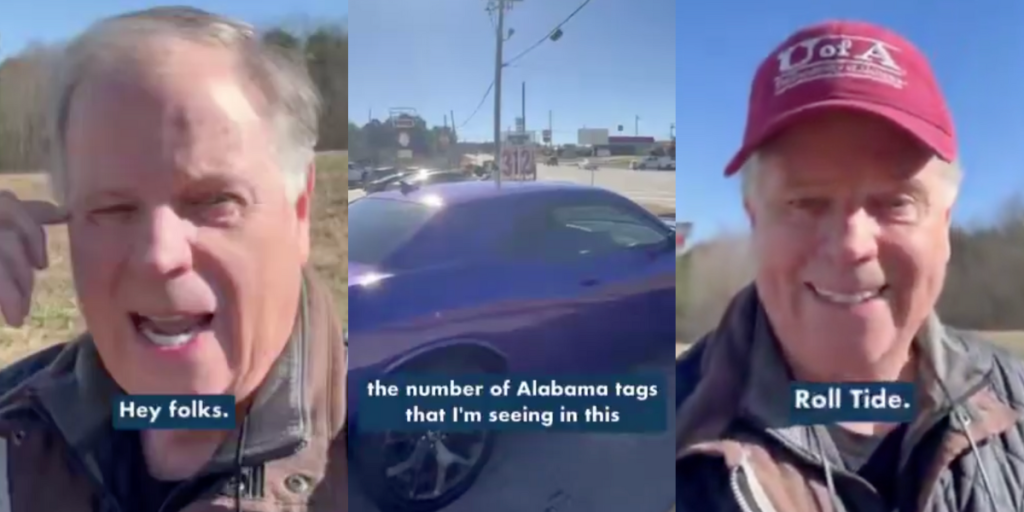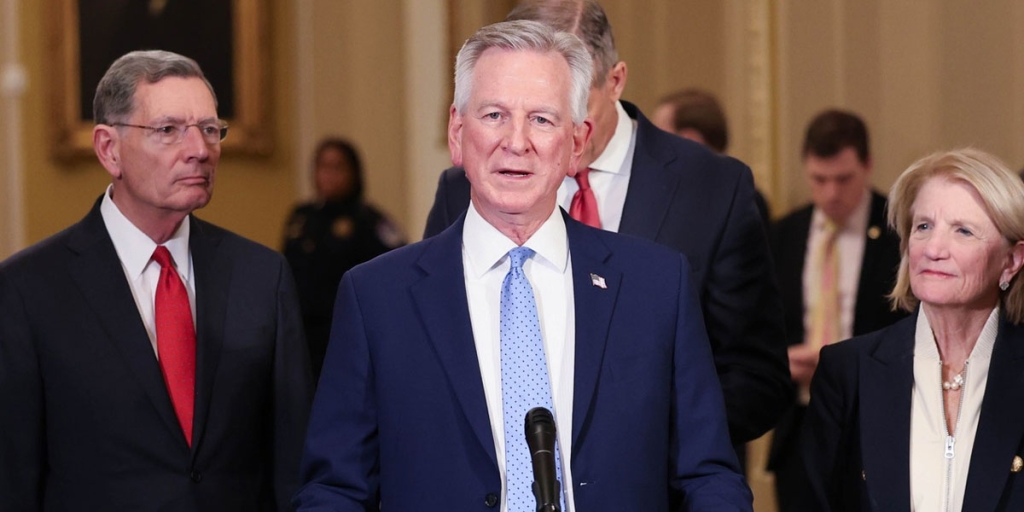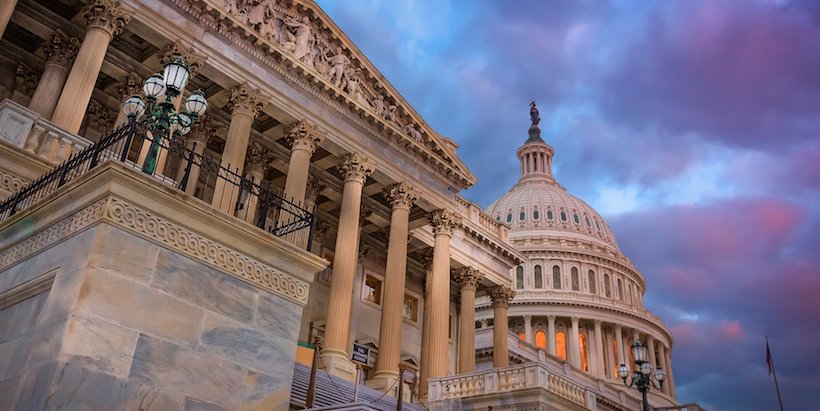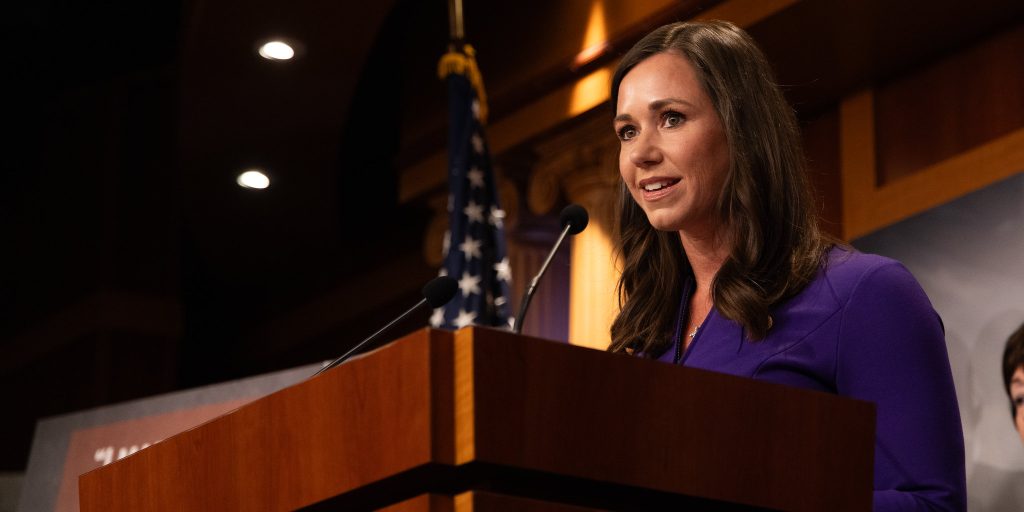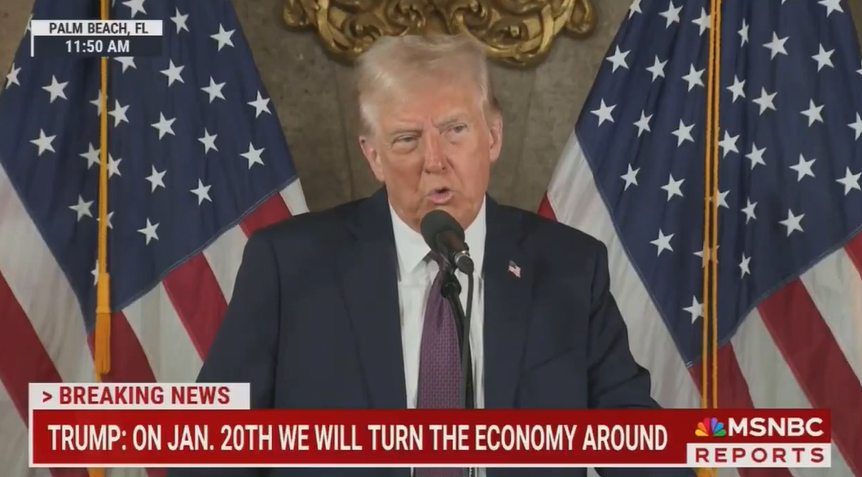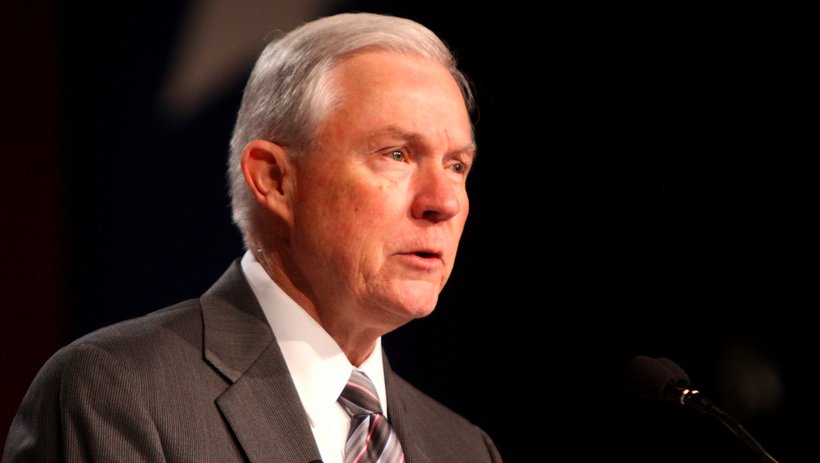
WASHINGTON — Alabama Senator Jeff Sessions is not on the ballot in 2016, but his ideas on trade and immigration have dominated the Republican presidential primary in a way few could have imagined.
On trade, Sessions was a vocal opponent of giving President Obama “fast track authority” to enter into international trade agreements that Congress will not be able to amend. He also opposed the Trans-Pacific Partnership (TPP), a 5,000-page, multilateral trade pact that Sessions believes could cost hundreds of thousands of American jobs and erode U.S. sovereignty.
On immigration, Sessions has led the grassroots efforts against so called comprehensive immigration reform, “executive amnesty,” and all efforts to expand the number of foreign worker visas.
“(On) these two issues… the voters should say, ‘If you’re not going to be right on those, I’m not voting for you in this primary and I’m not going to vote for you as president,’” Sessions said in a recent interview. “I really think it’s that important.”
As Breitbart News notes, numerous mainstream media publications have in recent weeks hailed Sessions’ ascendence as the thought leader of the Republican Party’s populist uprising:
“This is the Jeff Sessions election and the GOP is just along for the ride.”
“The intellectual groundwork for Trump’s campaign and the Republican civil war that he has unleashed was laid without much notice in an unlikely place. In the summer of 2013, Alabama senator Jeff Sessions noted that passing immigration reform, at last as Washington understood the term, would be an unmitigated disaster.”
“(The memo) Sessions sent to other GOP senators in 2013… foreshadowed the genesis of Trump’s candidacy by urging the party to embrace an ‘honest populism’ designed ‘to speak directly to the real and legitimate concerns of millions of hurting Americans whose wages have declined and whose job prospects have grown only bleaker.’”
The Hudson Institute’s John Fonte:
“The political leader of the conservative populist coalition is the indefatigable Senator Sessions. Day in and day out, for the past two years, Sessions has been issuing memos and talking points, giving speeches, and making media appearances explicating a coherent populist message. The Alabamian is a conviction politician.”
Sessions is now working to leverage his growing notoriety to influence the way Republican voters decide who they will support in the presidential primary.
“This election will be the last chance for Americans to get control of their government,” Sessions said in a recent interview. “I think this election is the big one. To win, Republicans need to demonstrate that they care about the average person who goes to work every day.”
Here are the five questions Sessions believes every voters should use as a litmus test when determining which candidate they will support:
Question 1: How would you vote (or how did you vote) on fast-track, and would you support or oppose advancing a final trade agreement which enters the United States into a new international commission with binding authority on future United States trade policy?
Question 2: If the vote on the Trans-Pacific Partnership were held today, and you had a vote to cast in Congress, would you vote for it or against it?
Question 3: Upon entering office, will you promptly and unconditionally terminate and rescind all of President Obama’s illegal executive amnesties – which provide work permits and entitlements to illegal aliens – including President Obama’s first executive amnesty in 2012, which remains in effect?
Question 4: A supermajority of GOP voters say immigration is too high. Every year, on autopilot, we let in another 1 million immigrants on green cards, 700,000 foreign guest workers, half a million foreign students, and 100,000 refugees and asylees. Historical precedent would be to reduce record-breaking immigration, rather than continuing to surge it beyond all historical precedent. Will you support legislation to reduce immigration numbers, and will you oppose legislation that would add to the number?
Question 5: Today, law enforcement are under increasing scrutiny and face excessive criticism from the political elites and the media, and are being targeted by criminals and terrorists. Meanwhile, since 2011, the federal prison population has declined by over 20,000, and is on track to be at its lowest level since 2005. Since 2009, the total state prison population has dropped every year, and is over 56,000 lower than it was then. These circumstances may have contributed to a nationwide spike in crime. The FBI recently reported an overall increase in violent crime and a 17 percent increase in homicides in the nation’s 50 largest cities. At the same time, the CDC reports that heroin and opioid drug overdoses have reached an all-time record high. Do you support efforts by President Obama and some Republicans in Congress to reduce penalties for drug-trafficking and further reduce the federal prison population, or do you think government should do more to keep drug traffickers off the streets?





